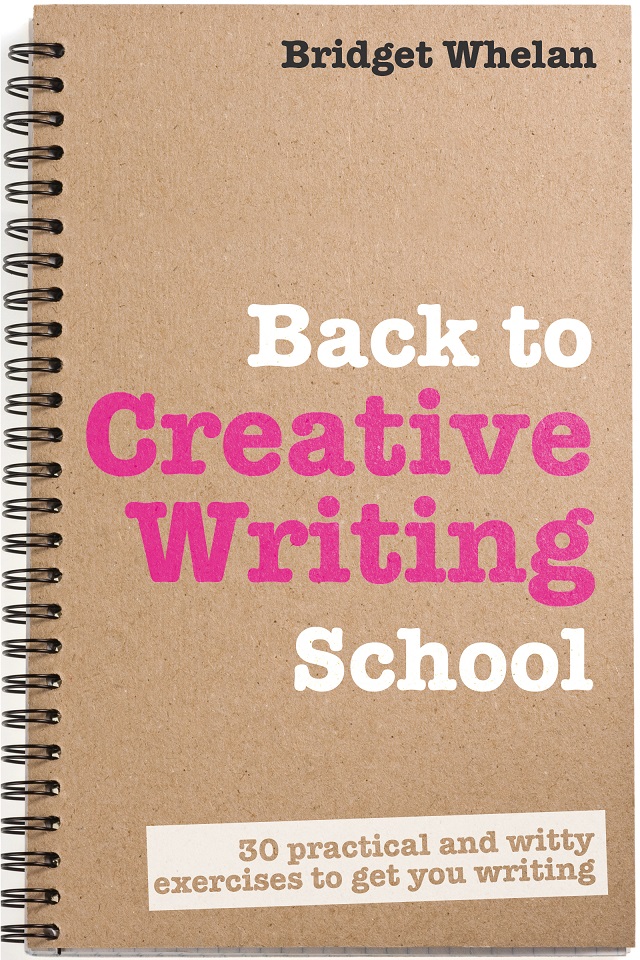Three literary devices to add zing to your prose…
 I’m a long time fan of Janice Hardy’s Fiction University. With over 1000 well-written and thought-provoking articles available for free online on such subjects as writing, editing and selling your novel it is is yet another example of the generosity of writers…
I’m a long time fan of Janice Hardy’s Fiction University. With over 1000 well-written and thought-provoking articles available for free online on such subjects as writing, editing and selling your novel it is is yet another example of the generosity of writers…
She recently looked at how to use three literary devices:
Anaphora:
The repetition of a word or phrase at the beginning of successive clauses. The most famous example is probably Dickens’ A Tale of Two Cities:
“It was the best of times, it was the worst of times, it was the age of wisdom, it was the age of foolishness, it was the epoch of belief, it was the epoch of incredulity, it was the season of Light, it was the season of Darkness.”
The repetition here gets you thinking about the contrasts and contradictions of the situation and suggests that things aren’t as simple as they appear. You read on anticipating that things will not be what they seem, and there will likely be two sides to every story. The device creates anticipation for the reader, which sets up the story without you having to spell it out.
Epiphora: The repetition of a word or phrase at the end of successive clauses. And to prove literary devices don’t have to only apply to literature…
I scream, you scream, we all scream for ice cream!
The repetition here emphasizes an idea (screaming for ice cream) and can work to get readers on board with that idea. You hear something often enough and you start to believe it. Another example here would be Shakespeare’s famous speech from Julius Caesar. “But Brutus is an honorable man..” Think about how often those words are said, and what Antony is trying to make his audience believe.
Symploce: The combination of anaphora and epiphora—the repetition of words or phrases at both the beginning and end of successive clauses. A good example here is Shylock’s speech from The Merchant of Venice.
If you prick us, do we not bleed? If you tickle us, do we not laugh? If you poison us, do we not die? And if you wrong us, shall we not revenge?
The repetition here connects the speaker with the reader, forcing them to put themselves in Shylocks’s shoes. It draws comparisons and gets readers thinking about what’s not being said here. You think you’re different from me, but are you really?
Go over to her blog to discover how these devices were used in The West Wing (surely, one of the best US drama series of all time).
photo credit: 20081005 029 via photopin (license)




I too am a fan of Janice Hardy’s Fiction University. Every time I visit, I learn something new. Thanks for a very informative post.
It’s a fascinating blog, well worth following…
I’m so glad you found my blog, thanks for following Jean’s Writing.